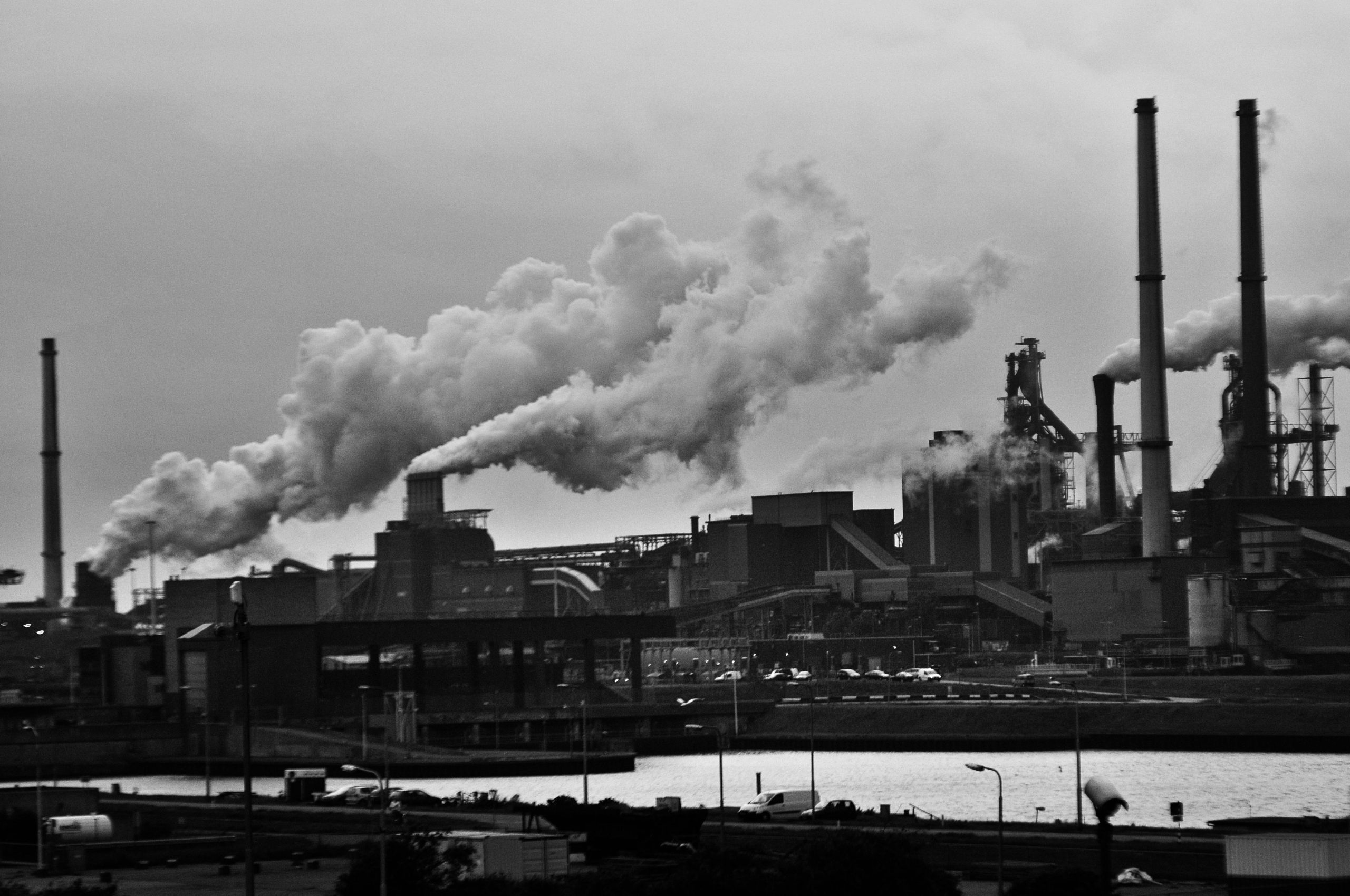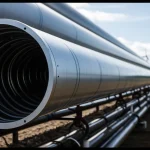High-performance industries demand refractory solutions precisely engineered to withstand extreme temperatures and harsh conditions. Custom designs optimize thermal efficiency and durability, addressing unique operational challenges. By combining tailored materials with rigorous testing, these solutions enhance productivity and minimize downtime—ensuring equipment longevity and consistent performance in critical applications.
Addressing the Need for Custom High-Temperature Refractory Solutions
Custom refractory solutions for high-performance industries play a vital role in ensuring operational efficiency in industries subject to extreme temperatures. Specialized refractory systems are tailored to withstand chemical exposure, mechanical stress, and thermal fluctuations better than standard materials.
Industries such as steel, glass, petrochemicals, and energy benefit from bespoke designs that address specific operational challenges. These custom solutions enable industries to reduce wear, resist thermal shock, and optimize energy consumption.
The process begins with detailed consultation, where precise operational parameters are identified. The design then incorporates specialized materials sourced for performance and durability. Prototypes are tested in real industrial settings, with clients verifying suitability before full production.
This approach guarantees that the final refractory system offers enhanced thermal insulation, long-lasting resistance, and minimal downtime. Companies that adopt such solutions see improved process reliability and reduced maintenance costs. For more details, you can explore the services offered at http://mxs-refractories.com/, which includes precise product customization and technical support. This page explains it in detail.
Integrating Industry Expertise for Effective Refractory Design
Custom refractory systems rely on advanced refractory engineering services that begin with a thorough consultation. This step gathers operational data—such as target temperatures, potential chemical exposures, and mechanical stress factors—to identify the precise specifications required. Material specialists and engineers then utilize bespoke strategies to select industrial heat resistant materials and match them to performance objectives, all while considering maintenance, wear rates, and lifecycle expectations. Prototypes are fabricated and undergo detailed evaluation with refractory material testing metrics, measuring heat containment, mechanical strength, and resistance to chemical attack.
Customized Material Selection and Fabrication
Selecting core materials—ranging from high alumina bricks to ceramic fiber insulation custom fitting—ensures trustworthy high temperature insulation solutions. Modern refractory material fabrication techniques produce complex shapes, enabling seamless integration into projects such as kiln upgrades, boiler repairs, or new furnace lining solutions. In sectors like steel mills or chemical processing, custom refractory castables and heat resistant ceramic composites achieve consistent results where traditional solutions might fail, addressing heat loss, thermal shock, and abrasive conditions.
Design and Testing for Performance Optimization
Performance is validated with real-world prototype deployment. Refractory performance optimization is achieved through iterative adjustments. This loop of testing, feedback, and modification—supported by quality control and refractory consulting and design expertise—ensures refractory system integration meets operational and safety benchmarks, driving efficiency and durability for demanding industrial uses.
Implementation, Installation, and Continuous Support
Refractory lining installation is a critical phase for achieving long-term operational reliability in custom refractory systems. Key installation techniques, like custom refractory bricks manufacturing and tailored placement for high wear areas, are used to maximize durability and heat containment. Application of industrial heat resistant materials and advanced refractory products ensures that each installation meets the toughest demands of high temperature insulation solutions. Strict adherence to refractory installation safety protocols minimizes risk and creates a safer environment for both teams and equipment.
Meticulous project management is essential, with every refractory lining installation guided by precise scheduling, quality assurance reviews, and rigorous compliance measures. Refractory engineering services include comprehensive planning to reduce downtime, such as incorporating custom shaped refractory bricks and specialized adhesives. This careful coordination delivers optimal furnace lining solutions and seamless integration into existing industrial kiln linings.
Long after the initial refractory lining installation, sustained performance depends on robust support. Refractory maintenance and repair programs use thorough inspection schedules and wear tracking, including methods for monitoring thermal shock resistant linings. Strategies for troubleshooting and proactive interventions—such as using innovative refractory material fabrication—help resolve issues, extending the operational life of custom refractory systems and keeping your processes efficient and resilient.
The Advantages of Tailored Refractory Products and Services
Custom refractory systems are engineered to withstand aggressive industrial environments, extending service life and minimizing downtime. By focusing on refractory lining installation that matches precise operating temperatures, chemical exposures, and physical stresses, industries achieve measurable cost savings and safety improvements. The application of high durability refractory coatings secures critical assets against thermal cycling and chemical attack, while advanced industrial heat resistant materials form the backbone of high-temperature insulation solutions.
When customized, furnace lining solutions integrate seamlessly with existing industrial kiln linings, elevating performance for steel, glass, and power sectors. Fabricators use refractory material fabrication techniques—often in conjunction with refractory engineering services—to ensure every component, from tailored refractory designs to custom shaped refractory bricks, fits operational realities and withstands mechanical wear. This commitment to fit-for-purpose structures enables thermal shock resistant linings to maintain integrity during rapid temperature shifts.
Innovation drives refractory performance optimization: modern manufacturers test materials such as heat resistant ceramic composites and ceramic fiber insulation custom fitting for next-generation durability. Robust quality control, routine refractory performance monitoring, and a focus on heat containment technologies continue to set new standards in industrial thermal barriers, resulting in reliable, long-lasting protection for demanding applications.






